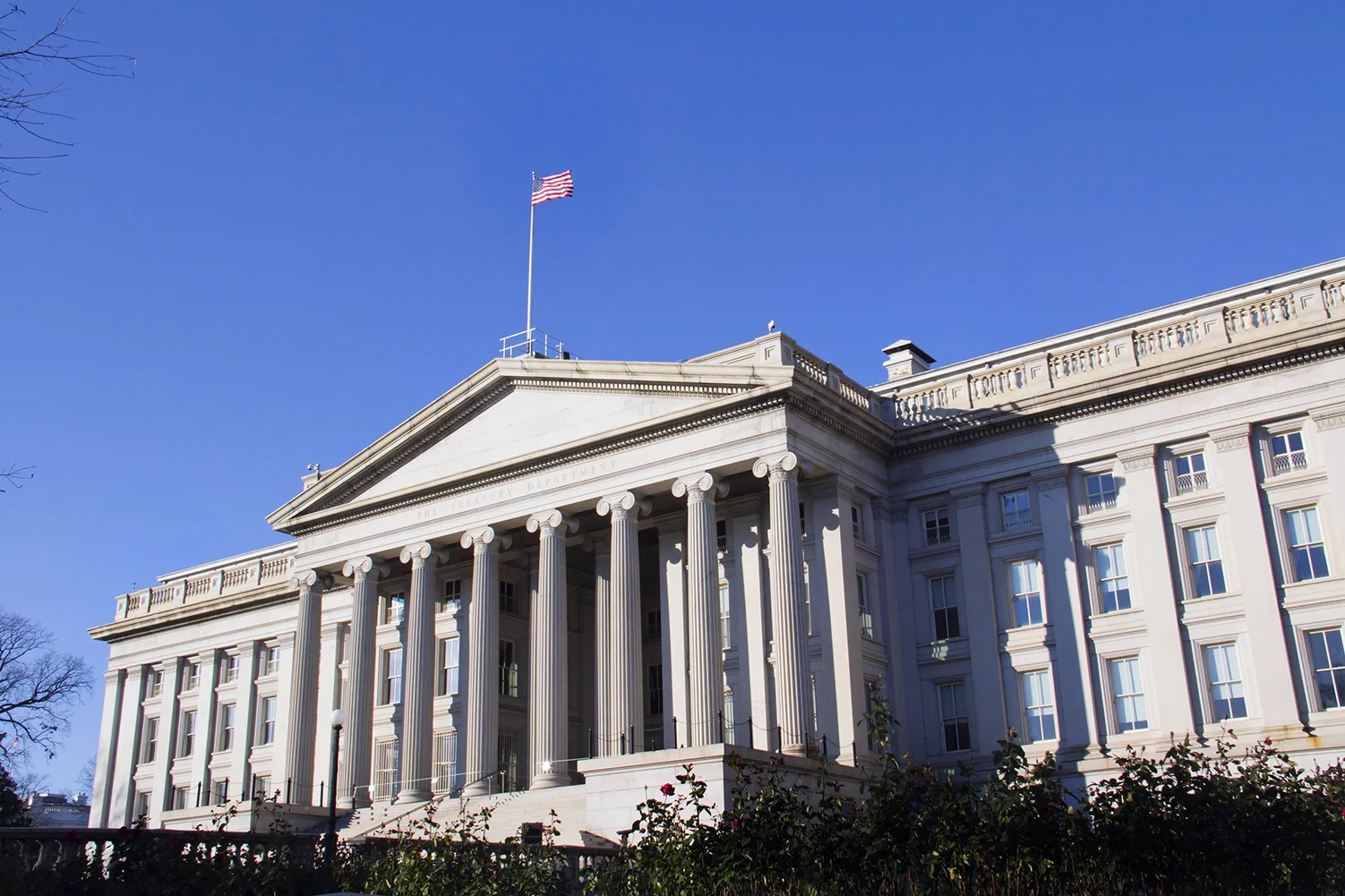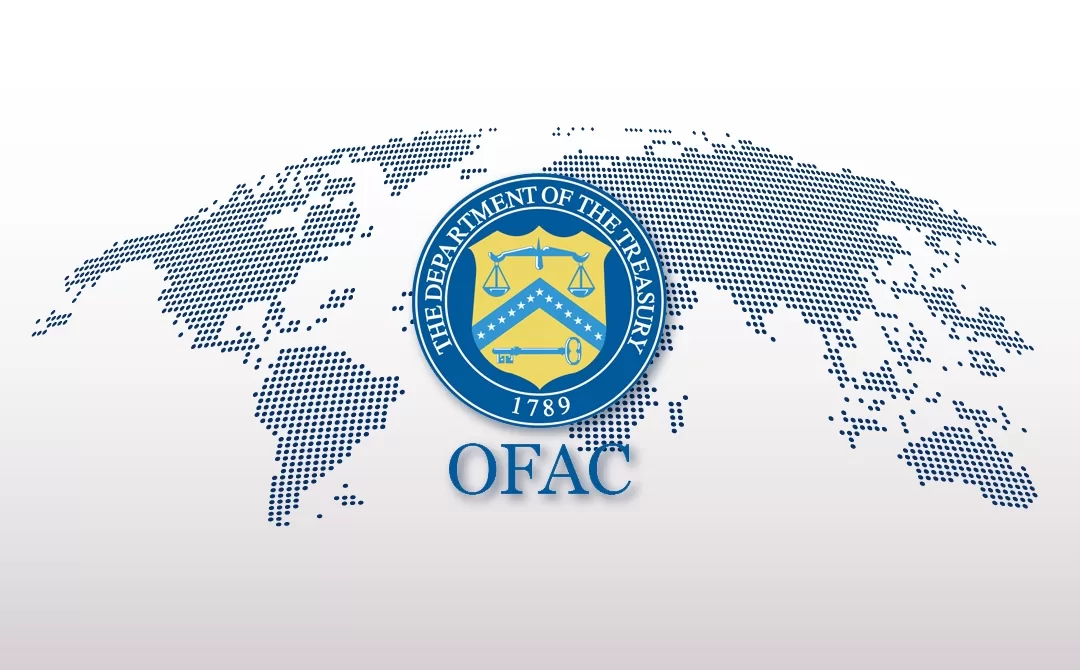This article delves into the recent charges of money laundering brought against the founders of Tornado Cash, a decentralized Ethereum mixer. The U.S. Department of Justice (DOJ) has arrested one co-founder while another remains at large. The charges revolve around allegations of operating an unlicensed money-transmitting business and conspiring to engage in money laundering.

Money Laundering Charges Shake Tornado Cash’s Foundations
On August 23, the founders of Tornado Cash, a prominent decentralized Ethereum mixer, found themselves facing money laundering charges. The U.S. Department of Justice (DOJ) has taken decisive action, revealing the extent of their alleged involvement in criminal activities.
The FBI’s Arrest and Pursuit

As the charges came to light, the FBI made a significant stride by apprehending one of the co-founders, Roman Storm. However, his fellow co-founder, Roman Semenov, remains evasive and is currently eluding law enforcement’s grasp. This ongoing pursuit has cast a shadow over the operation of Tornado Cash.
A Web of Sanctions and Accusations
The situation has been further complicated by Roman Semenov’s encounter with the Department of the Treasury’s Office of Foreign Assets Control (OFAC). Notably, Tornado Cash, which had previously faced sanctions, has now seen its co-founders implicated in a series of allegations. The DOJ has accused them of conspiring to engage in money laundering, operating an unlicensed money-transmitting business, and violating various offenses.

Cryptocurrency Addresses and Money Trails
The recent revision of OFAC’s list of sanctioned entities has highlighted several Ethereum wallet addresses intertwined with the saga. These addresses, linked to sanctions regulations concerning North Korea, have been implicated in handling over $11.5 million worth of diverse cryptocurrency assets. This information comes from Elliptic Connect, a blockchain analytics firm.

The Criminal Nexus: Tornado Cash’s Role
OFAC has asserted that Tornado Cash has played a pivotal role in facilitating money laundering for criminal entities since its inception in 2019. Notably, it was used to obscure vast sums, including hundreds of millions pilfered by hackers from the Lazarus Group. The criminal connection deepens with revelations that Tornado Cash was employed to launder funds from cyber-enabled heists, including the staggering $96 million from Harmony’s Horizon Bridge and $7.8 million from the Nomad heist.
An Ongoing Legal Saga
The allegations against the founders of Tornado Cash cast a spotlight on the evolving landscape of cryptocurrency-related criminal activities. As legal proceedings unfold, the spotlight remains on the co-founders’ alleged roles and their connection to money laundering. The U.S. Department of Justice’s pursuit underscores the determination to hold individuals accountable for their actions within the intricate web of the cryptocurrency realm.

